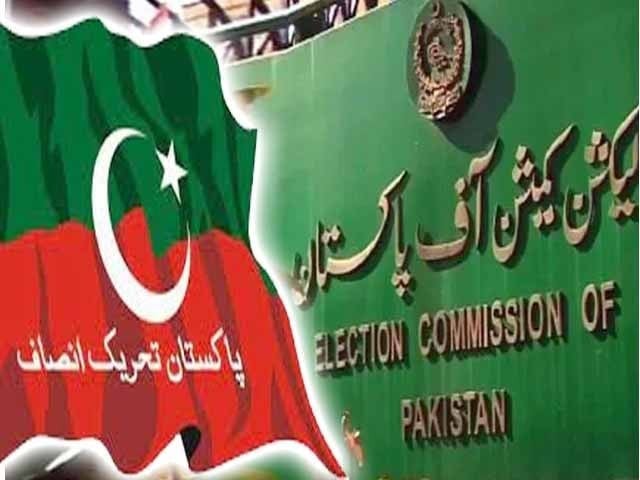In a bid to counter perceived electoral irregularities, Pakistan Tehreek-e-Insaf (PTI) continues its efforts to mobilize a multi-party coalition against alleged ‘Rigging’ in the recent elections. As part of this initiative, former National Assembly Speaker Asad Qaiser engaged in a telephonic conversation with Pashtunkhwa Milli Awami Party (PkMAP) chief Mahmood Khan Achakzai, seeking to convey the PTI founder’s message. Plans for a meeting between PTI and PkMAP delegations are reportedly underway, indicating a concerted effort to build alliances in response to electoral concerns.
Under the directive of Imran Khan, PTI aims to unite various political entities, excluding Pakistan Muslim League-Nawaz (PML-N), Pakistan People’s Party (PPP), and Muttahida Qaumi Movement-Pakistan (MQM-P), against alleged electoral irregularities. The absence of a clear majority for any major party in the National Assembly following the February 8 elections has intensified political maneuvering, with stakeholders actively seeking alliances to secure parliamentary representation.
Independent candidates, backed by PTI, have emerged as frontrunners in the electoral race, consolidating their position across key constituencies, particularly in the National and Khyber Pakhtunkhwa Assemblies. With 101 independent candidates securing victories, of which 92 enjoy PTI support, the electoral landscape reflects the party’s significant influence in shaping post-election dynamics.
As results unfold, PML-N and PPP maintain substantial parliamentary representation, with 75 and 54 seats respectively, while MQM-P, JUI-F, PML-Q, IPP, and BNP secure victories in varying constituencies. Despite the diverse electoral outcomes, PTI’s Imran Khan remains resolute in dismissing the prospect of coalition formations with PPP, PML-N, or MQM-P, signaling a firm stance amid evolving political negotiations.
As political stakeholders navigate the complexities of coalition-building and electoral dynamics, the pursuit of alliances underscores the urgency to address electoral grievances and uphold democratic principles. Amidst uncertainty over Pakistan’s political trajectory, the formation of multi-party alliances serves as a pivotal step towards ensuring electoral transparency and accountability in the democratic process.


